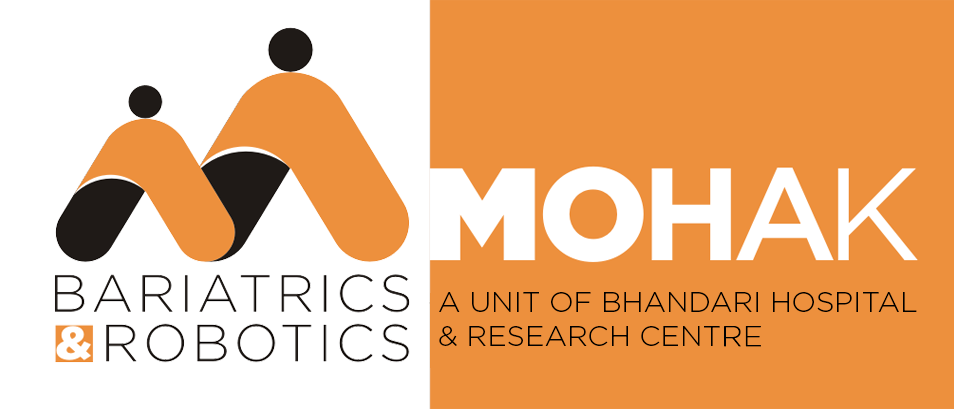
Obesity is the accumulation of excess fat in the body tissues. In technical terms, when the BMI (Body mass index) of a person is 30 or above, the person can be considered obese. Overweight and obesity may raise your risk for certain health problems and are also linked to certain emotional and social problems.
It is not necessary that everyone who is obese will have these problems, but the chances increase slightly if you have a family history of one of the below-mentioned conditions. Here’s a closer look at some of the conditions that are linked with being obese or overweight.
Heart Disease and Stroke
You are more likely to have high blood pressure and high cholesterol if you are overweight. Both of those conditions make heart disease or stroke more likely. If you lose around 5% to 10% of your body fat, you may lower your risk factors for developing heart disease or a stroke. Weight loss may improve blood pressure, cholesterol levels, and blood flow. The more you lose your weight, the more the chances eventually decrease, of having a heart attack or a stroke.
Type 2 diabetes
When your blood glucose aka blood sugar is too high, the chances of Type 2 Diabetes occurring in your body increases. About 8 out of 10 people with type 2 diabetes are overweight or have obesity. If your glucose level is not maintained it can lead to problems like heart disease, stroke, kidney disease, eye problems, nerve damage, and other health problems. Losing weight and becoming more physically active can help control your blood sugar levels if you are diagnosed with Type 2 Diabetes.
High blood pressure
Obesity may raise your risk for certain health problems such as high blood pressure. High Blood Pressure is a condition in which blood flows through your blood vessels with a force greater than normal. High blood pressure can strain your heart, damage blood vessels, and raise your risk of heart attack, stroke, kidney disease, and can even be fatal.
Sleep apnea
When you are not able to breathe normally while sleeping, you might be suffering from sleep apnea. You may stop breathing altogether for short periods of time. Health problems like type 2 diabetes and heart disease might increase if you don’t treat sleep apnea on time.
Cancer
Cancers of the colon, breast (after menopause), endometrium (the lining of the uterus), kidney, and esophagus are linked to obesity. Along with these, cancer studies have also shown that there is a link between obesity and cancers of the gallbladder, ovaries, and pancreas.
Gallbladder diseases
If you are overweight, gallbladder disease and gallstones tend to be more common. Imbalances in substances that make up bile cause gallstones. Gallstones may form if bile contains too much cholesterol.
What emotional and social problems are linked to overweight and obesity?
Overweight and obesity are associated with mental health problems, such as depression. Some people may be the subject of weight bias and stigma from others, including health care providers if they have to deal with overweight and obesity. This can lead to feelings of rejection, shame, or guilt—further worsening mental health problems.
